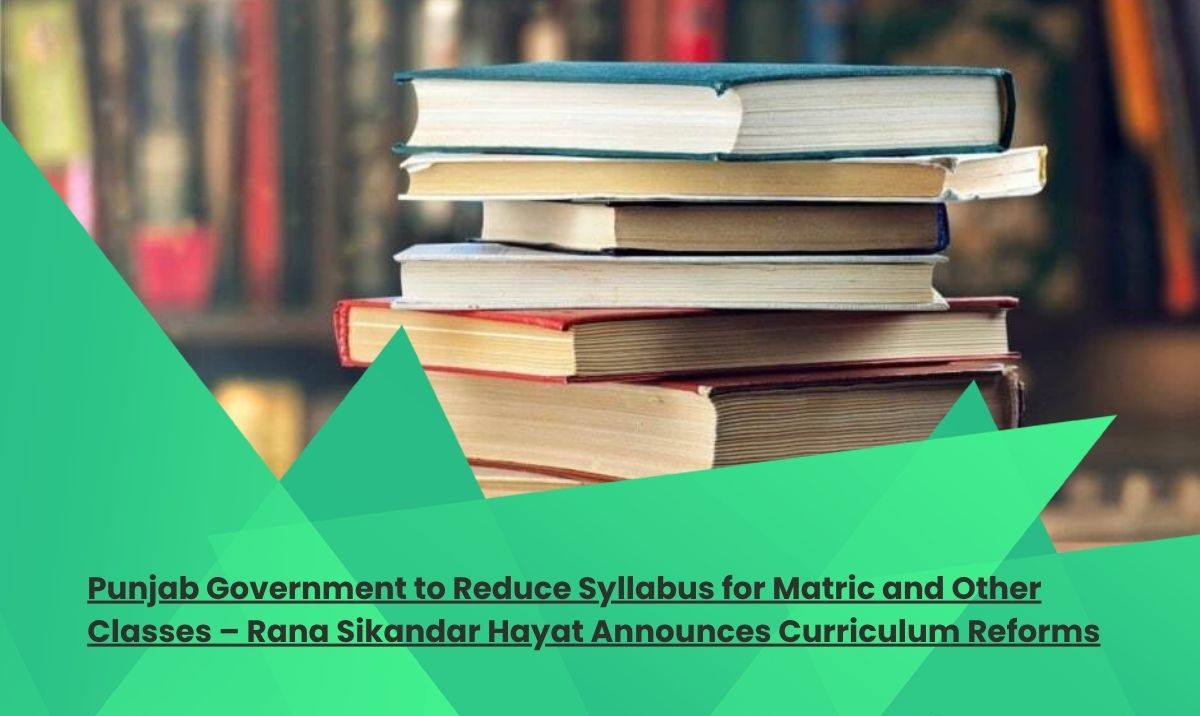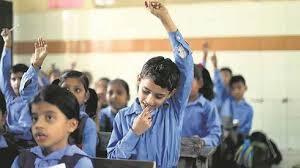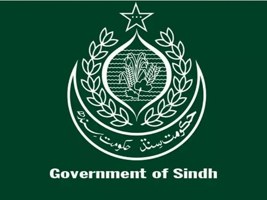
Punjab to Reduce Syllabus for Matric and Other Classes: Education Minister Rana Sikandar Hayat Announces Curriculum Reforms
The Punjab government has announced a major step toward reducing the academic burden on school students by revising and shortening the syllabus for matric and other grades. Punjab Education Minister Rana Sikandar Hayat confirmed that a team of curriculum experts and senior teachers is actively working to realign and simplify the syllabus to make it more manageable for students, especially those in Grade 9.
The announcement came through the minister’s official social media statement, in which he acknowledged the growing concerns of parents, teachers, and students about the heavy academic load currently imposed by the existing curriculum.
“We are aware of the extra load on students of Grade 9 and other grades. Curriculum experts and top teachers are working on reducing and realigning the curriculum,” said Rana Sikandar Hayat.
Curriculum Overload — A Growing Concern
In recent years, educationists and parents have repeatedly raised concerns about the extensive syllabus prescribed by the Punjab Textbook Board (PTB). Many argued that the syllabus for secondary classes, especially Grade 9 and Grade 10, was too lengthy, leaving students under immense pressure to complete their coursework within the academic year.
Teachers across Punjab also highlighted that the dense syllabus structure made it difficult to focus on conceptual understanding, forcing students to rely heavily on rote learning to secure good grades. The new initiative aims to change this trend by introducing a more balanced, concept-oriented curriculum that enhances learning without overburdening students.
You may also check : 10th Class Past Papers of Punjab Board, Sindh Board, KPK Board
Minister Promises Student-Centered Curriculum
According to Education Minister Rana Sikandar Hayat, the government’s top priority is to develop a student-friendly curriculum aligned with modern educational practices. The revised syllabus will aim to ensure that students not only learn efficiently but also have time to engage in extracurricular activities and mental well-being programs.
He said that the review process involves experts from the Punjab Curriculum and Textbook Board, subject specialists, and experienced teachers from both public and private schools. The team is assessing the difficulty level, content repetition, and time required for completion of each subject’s syllabus.
Sources from the School Education Department (SED) have indicated that special attention will be given to science and mathematics subjects, where students reportedly face the most challenges due to complex and extensive topics.
You may also check : 9th Class Past Papers All Subjects 2025 | All BISE Boards
No Timeline Announced Yet
Although the minister confirmed that curriculum revision is underway, he did not specify when the reduced syllabus will be implemented. There is also no official word yet on whether the changes will affect the ongoing academic session or come into effect from the next academic year (2026).
Officials familiar with the matter said that the process may take several months since it requires approval from multiple educational boards, including the Punjab Examination Commission (PEC) and the Board of Intermediate and Secondary Education (BISE).

An official from the Punjab Curriculum and Textbook Board, speaking on condition of anonymity, stated:
“The goal is not just to cut content randomly but to ensure a coherent, skill-based curriculum that improves understanding and reduces stress. Quality will not be compromised.”
Positive Reaction from Teachers and Parents
The move to reduce the syllabus has been widely welcomed by teachers, parents, and student associations across the province. Many have praised the Education Minister’s proactive approach in addressing a long-standing issue.
Muhammad Aslam, a high school teacher from Lahore, said,
“Students, especially in Grade 9, face immense pressure due to lengthy chapters and short academic terms. If this initiative is implemented properly, it will help improve conceptual learning and reduce exam stress.”
Parents have also expressed relief, noting that the heavy syllabus has forced many students to depend on private tuition, increasing the financial burden on families. Sara Khan, a parent of a 9th-grade student in Faisalabad, remarked,
“The reduced syllabus will not only ease our children’s workload but also make learning more meaningful. This was a much-needed step.”
Educational Experts Call for Balanced Implementation
While most experts have welcomed the announcement, some have urged the government to ensure that syllabus reduction does not lead to compromised academic standards.
Education policy analyst Dr. Farah Mehmood emphasized that the curriculum review should be based on research-driven insights rather than mere content elimination.
“Reducing syllabus must not mean lowering educational standards. The government should focus on eliminating unnecessary repetition and enhancing learning outcomes through practical and analytical approaches,” she noted.
She also suggested introducing digital learning resources and teacher training programs to support the new curriculum effectively.
Government’s Commitment to Educational Reform
This latest move is part of the Punjab government’s broader agenda to modernize the education system and make learning more accessible. Earlier, the provincial government introduced several initiatives, including digital classrooms, improved teacher training programs, and performance-based school assessments.
Rana Sikandar Hayat reaffirmed that the government remains committed to improving the quality of education in Punjab. He said,
“Our goal is to make education meaningful, inclusive, and aligned with the needs of the modern world. The revised syllabus will focus on reducing unnecessary academic load while promoting creativity, critical thinking, and innovation.”
The Punjab government’s decision to reduce the syllabus for matric and other classes marks a significant step toward reforming the education system. With active involvement from curriculum experts, teachers, and education policymakers, the initiative aims to create a balanced academic environment that prioritizes student learning over rote memorization.
As the province awaits further details and the official timeline for implementation, stakeholders remain optimistic that the revised curriculum will help enhance learning outcomes, reduce stress, and promote a more effective educational framework across Punjab.











.jpg)
.jpg)


